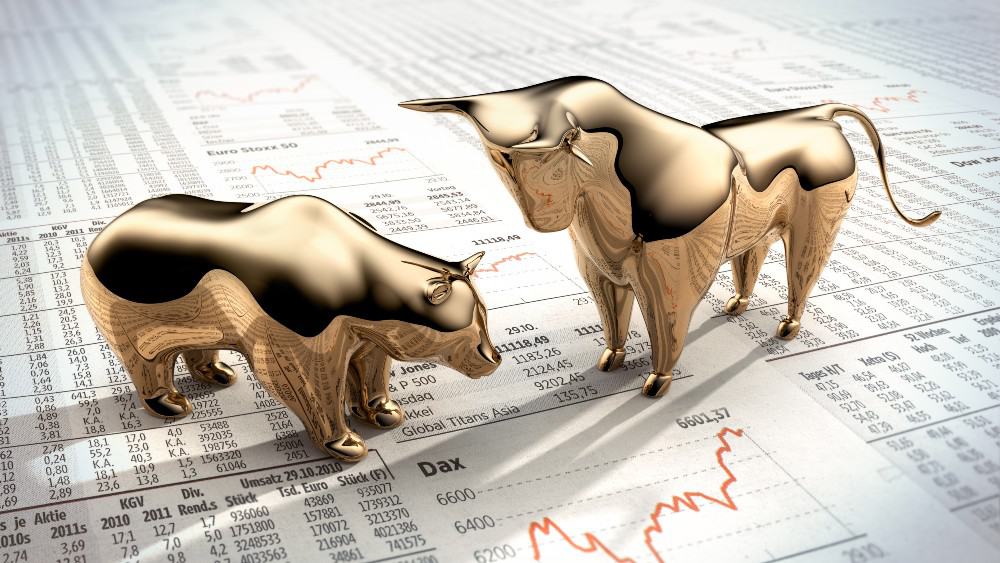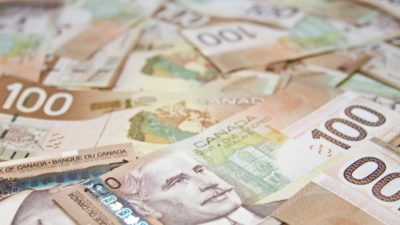There are many great Canadian ETFs that have held up much better than either the TSX Index or S&P 500. Undoubtedly, market volatility may be here to stay for the rest of the year. With a growing chance of recession, investors need to ensure their portfolio is in a spot to recover on the other side. By loading up on high-multiple growth stocks on the dip, one could be in for steep double-digit losses in a hurry.
Undoubtedly, Canadians should look to play defence if they’ve yet to do so. The growth trade has soured, and it’s probably not coming back anytime soon — not with central banks fully focused on inflation, even at the cost of economic growth.
In this piece, we’ll have a closer look at two Canadian ETFs that may be in a better spot to hold their own versus broader markets. Though no equity investment is immune from downside in the event of a market crash or continuation of the bear market, they seem better able to dampen any coming downside.
Without further ado, consider BMO Low Volatility Canadian Equity ETF (TSX:ZLB) and BMO Canadian High Dividend Covered Call ETF (TSX:ZWC), two funds that provide sizeable passive income and a lower correlation to the stock market.
BMO Low Volatility Canadian Equity ETF
ZLB is one of the most intriguing ETFs in the Canadian stock market. The ETF owns a wide range of Canadian companies whose shares have below-average betas. The lower the beta, the less likely a stock is to follow in the footsteps of broader markets. When markets nosedive, it’s these lower-beta stocks that are likeliest to hold their own. However, low betas work both ways. In up markets, stocks with betas below one may not be even to soar as high on the back of positive macro events.
In these turbulent times, low-beta strategies can really pay off. Year to date, ZLB is flat, while the TSX Index is down more than 4%. Although ZLB can still take a beating if markets crash, I think that the ETF remains one of the best for riding out multi-month bear markets.
With a 2.6% yield and a knack for outpacing the TSX, ZLB is a strong relative outperformer that can keep on beating the market. In a prior piece, I touted ZLB for its five-star rating given by Morningstar. It’s a unique ETF that was built for times like these, when panic is in the air and daily moves are enough to make any investor hurl.
BMO Canadian High Dividend Covered Call ETF
For those who seek more yield, a specialty-income ETF that leverages covered calls may be a wise bet. Currently, shares yield 6.28%. With a mere two-star Morningstar rating, though, the ETF may not be best for all types of investors. ZWC is like your run-of-the-mill, high-dividend ETF, with the writing of covered calls thrown in. Covered calls mean more income at the cost of share price appreciation. In a bear market, that’s a worthwhile trade.
I view ZWC as more of a way to hedge against flat to down markets for the cautiously bullish investors out there. Yes, stocks tend to go up over long periods of time, making the covered call tradeoff less worthy over a timespan longer than five years. However, with a recession likely in 2023 (or 2024), I’d argue ZWC is a worthy bet to make over the medium term.
Further, if there’s too much risk in your portfolio and you’re looking for a place to park cash without succumbing to high inflation, ZWC is enticing. Though the lofty distribution can help dampen any downside, remember that ZWC is still vulnerable to a market-wide collapse.








